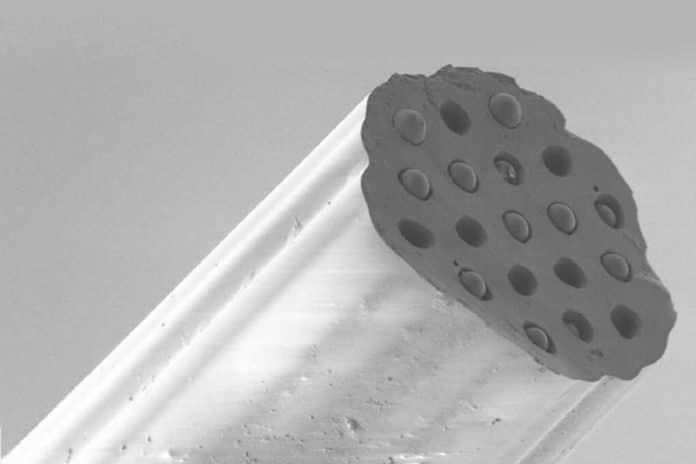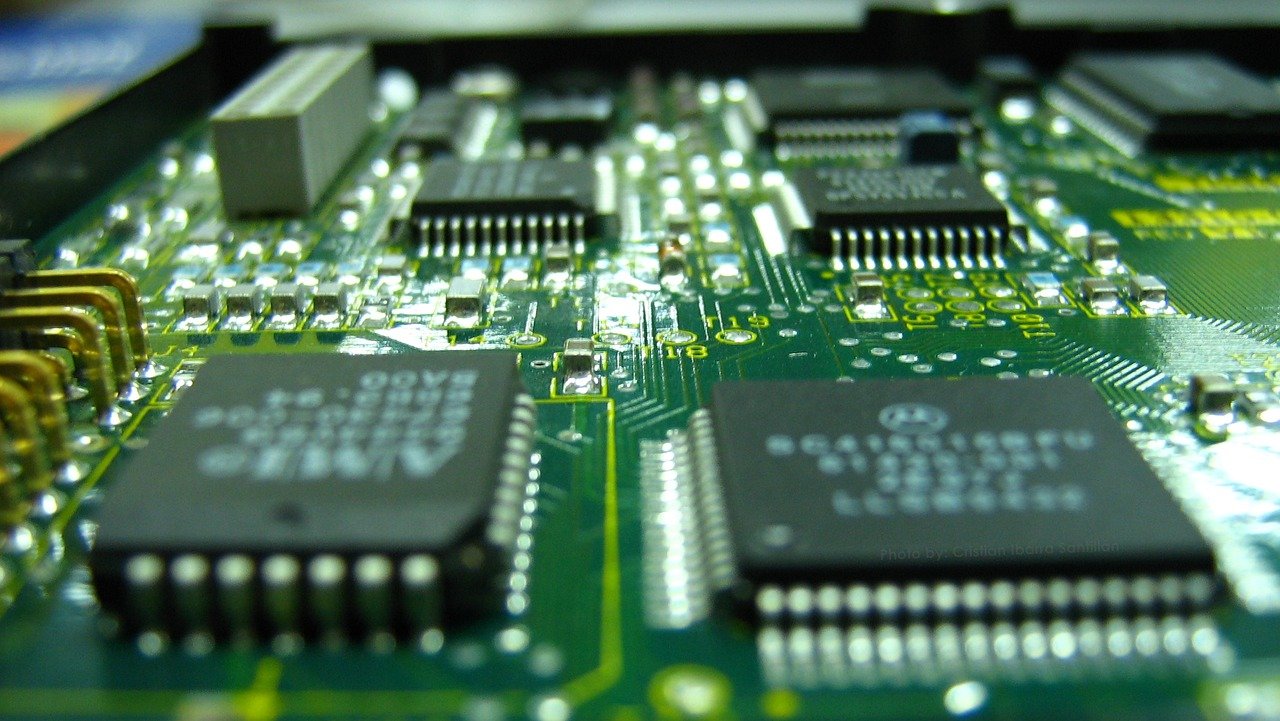Researchers at the University of Edinburgh have developed a tiny, hair-sized probe that can measure key indicators of tissue damage deep inside the lungs by traveling deep into the lungs.
This new technology could help in accurate monitoring of tissue in areas where existing technologies cannot reach. It will help in monitoring the development of diseases like pneumonia or lung injury.
Probe consists of an optical fiber having a diameter of about 0.2mm that holds 19 sensors
Each of its 19 sensors measure different indicators in tissues, like, measuring acidity, changes in oxygen and pH deep in the lung, which provides important information on the body’s reaction to disease processes.
According to the experts, this revolutionary technology not only provides faster and precise measurements, but also provides the possibility of adding extra sensors in the future as needed.
Moreover this versatile technology could also be used in different parts of the body for understanding inflammatory and bacterial diseases.
Dr. Michael Tanner, Proteus Research Fellow at Herriot-Watt University and the University of Edinburgh, said: “This research is a great example of collaboration across disciplines to tackle healthcare challenges. These new methods, if taken to clinic, will lead to novel insights in disease biology. Our aim now is to expand the number of unique sensors on this miniaturized platform to provide even more information.”







